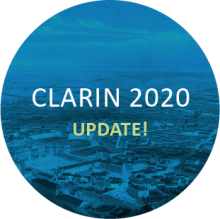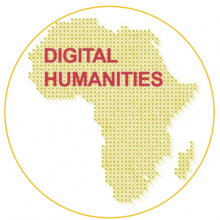Registration will open after 15 August 2020 and the Call for Interest in additional programme elements is already open!
News

This digital edition, and consequently the printed volume, made heavy use of and benefited greatly from components of the CLARIN infrastructure.
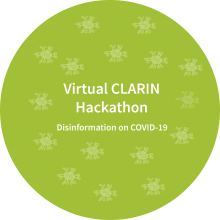
CLARIN is looking for datasets on disinformation related to the COVID-19 pandemic in order to prepare a CLARIN hackathon on the topic.
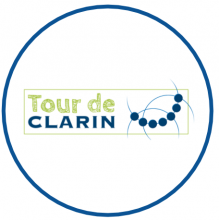
GATE is a widely used, established open-source infrastructure that provides a framework and numerous essential components (plugins) for all kinds of NLP and text processing tasks.
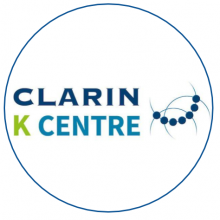
CLARIN is proud to announce that CORLI French CLARIN Knowledge Centre for Corpora, Languages and Interaction is officially recognized as a CLARIN K-Centre.
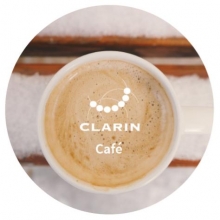
Read all about the third CLARIN Café for researchers in Literary Studies, that was hosted by CLARIN Ambassador Maciej Maryl (Institute of Literary Research of the Polish Academy of Sciences ).

The International Journal of Corpus Linguistics (IJCL) welcomes abstracts for a special issue on the theme of COVID-19

Register for the third CLARIN Café that takes place on Wednesday 8 July from 14:00-15:15 (CEST)
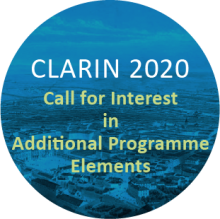
The calls for interest in the additional programme elements of the CLARIN Annual Conference are open
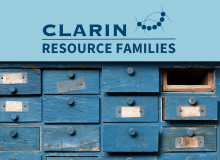
This month CLARIN highlights the 73 historical corpora that CLARIN offers access to.

Read all about the second CLARIN Café that was hosted by CLARIN Ambassador Dr. Francesca Frontini (Université Paul-Valéry Montpellier III)
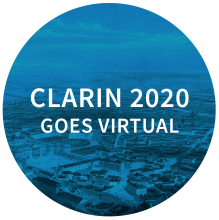
Due to the corona dynamics the 2020 edition of the CLARIN Annual Conference will go virtual.
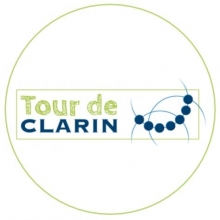
Katarzyna Klessa and Anita Lorenc are experimental phoneticians who have prepared a Polish corpus of disordered speech, which has been released in a GDPR-compliant manner in collaboration with the K-ACE Knowledge Centre.
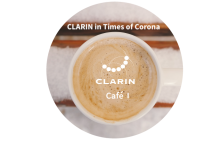
This CLARIN Café aimed to be an informal get-together for researchers to exchange Corona-related research ideas and results.

In this Tour de CLARIN post, we present an interview with Eva Gredel and Yana Strakatova, both of whom have successfully collaborated with CLARIN-D.
ZIM Centre for Information Modelling is officially certified as CLARIN B Centre .

One central focus of CLARIN-D is the support of early-stage researchers in the Digital Humanities. Read all about it in the blog post written by Nathalie Walker.

This month CLARIN highlights the overview of available Computer-mediated communication (CMC) corpora that the CLARIN infrastructure offers.
